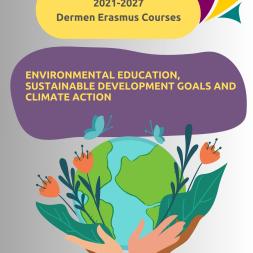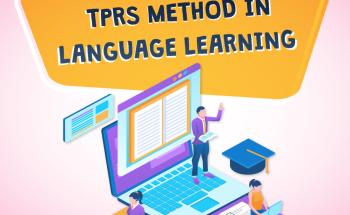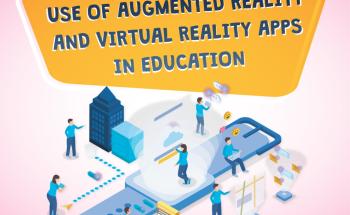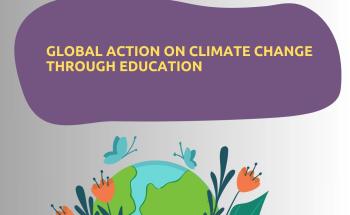
ENVIRONMENTAL EDUCATION,SUSTAINABLE DEVELOPMENT GOALS AND CLIMATE ACTION
Join us on a transformative journey towards sustainability and climate action. This comprehensive course offers a deep dive into the interconnected realms of environmental sustainability, Sustainable Development Goals (SDGs), and climate change. Through engaging discussions, hands-on activities, and practical applications, participants will gain the knowledge, skills, and inspiration.
Description
This course provides an in-depth exploration of environmental sustainability, Sustainable Development Goals (SDGs), and climate change. Through interactive sessions, real-world case studies, and practical activities, participants will gain a comprehensive understanding of these critical topics. Whether you opt for the 5-day or 7-day program, you'll emerge equipped with the knowledge and skills to drive positive change in environmental stewardship and sustainable development. In this structured course, hands-on experiences, case studies and sample project development challenges await you. All of our courses' daily fee is 80 Euro.
Learning objectives
- Comprehensive Understanding: Participants will develop a comprehensive understanding of environmental sustainability, including key concepts, principles, and challenges.
- Sustainable Development Goals (SDGs): Participants will gain familiarity with the 17 Sustainable Development Goals (SDGs), understanding their significance and relevance to environmental sustainability.
- Climate Change Science: Participants will acquire knowledge of climate change science, including its causes, impacts, and mechanisms, as well as the latest research and findings in the field.
- Mitigation and Adaptation Strategies: Participants will learn about mitigation and adaptation strategies for addressing climate change, exploring best practices and innovative solutions in areas such as renewable energy, sustainable agriculture, and urban planning.
- Policy and Governance: Participants will understand the role of policy and governance in environmental sustainability, including international agreements, national policies, and local initiatives for climate action and environmental protection.
- Practical Skills: Participants will develop practical skills for promoting environmental sustainability in their personal and professional lives, such as energy conservation, waste reduction, sustainable consumption, and advocacy.
- Critical Thinking and Problem-Solving: Participants will enhance their critical thinking and problem-solving skills through the analysis of case studies, group discussions, and hands-on activities focused on real-world environmental challenges and solutions.
- Communication and Collaboration: Participants will improve their communication and collaboration skills, learning how to effectively communicate environmental issues, engage stakeholders, and collaborate with diverse partners to achieve common goals.
- Action Planning: Participants will develop action plans for implementing environmental sustainability initiatives or SDG-related projects in their respective communities.
Methodology & assessment
2. Lecture-Based Learning: Traditional lectures are used to provide foundational knowledge on key concepts such as environmental sustainability, climate change science, and the Sustainable Development Goals (SDGs). These sessions are supplemented with multimedia presentations, case studies, and real-world examples to enhance understanding.
3. Group Discussions and Brainstorming: Group discussions and brainstorming sessions are conducted throughout the course to encourage active participation and peer learning. Participants have opportunities to share their perspectives, exchange ideas, and collaboratively explore solutions to environmental challenges.
4. Case Studies: Case studies are used to illustrate theoretical concepts and demonstrate practical applications in real-world contexts. Participants analyze case studies of successful sustainability projects, climate adaptation initiatives, and community-led actions to deepen their understanding and draw lessons for their own practice.
5. Hands-On Activities: Hands-on activities, such as group projects, role-playing exercises, and simulations, are incorporated to provide practical learning experiences and develop problem-solving skills. Participants engage in activities like designing adaptation plans, developing advocacy campaigns, and creating educational materials to apply theoretical knowledge to real-life situations.
6. Reflection and Action Planning: Regular reflection sessions are integrated into the course to allow participants to reflect on their learning, identify personal insights and growth areas, and set goals for future action. Action planning exercises empower participants to develop concrete plans for implementing environmental sustainability initiatives and contributing to the achievement.
Certification details
With the signatures of both trainers and the director, dates, title, sender organisation's name, participant name, hours of instruction and brief course content will be inserted into the certificate.
Pricing, packages and other information
-
Price:400Euro
Additional information
-
Language:English
-
Target audience ISCED:Primary education (ISCED 1)Lower secondary education (ISCED 2)Upper secondary education (ISCED 3)
-
Target audience type:TeacherHead Teacher / PrincipalTeacher Educator
-
Learning time:25 hours or more
Upcoming sessions
Past sessions
More courses by this organiser


USE OF AUGMENTED REALITY AND VIRTUAL REALITY IN EDUCATION



